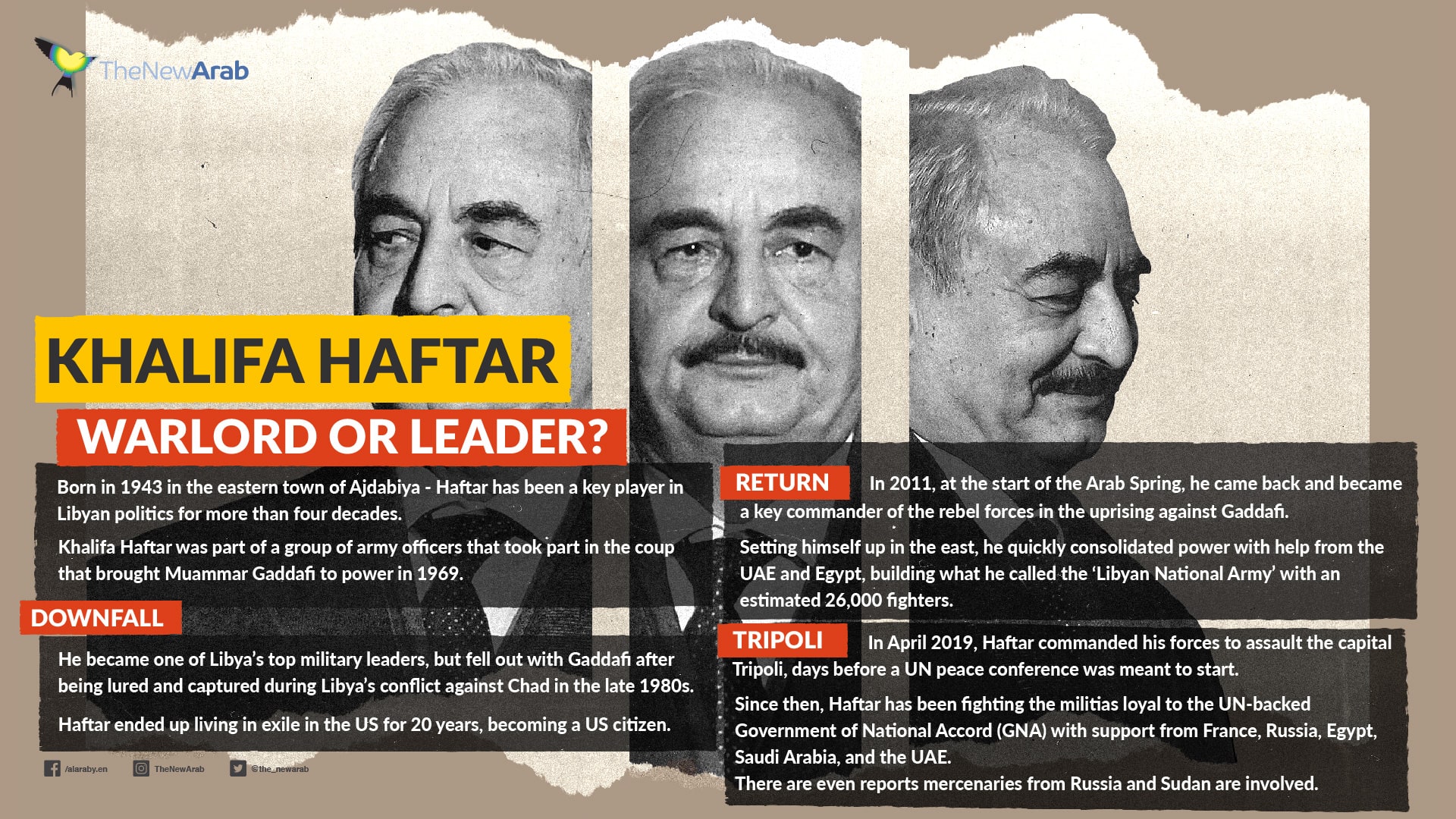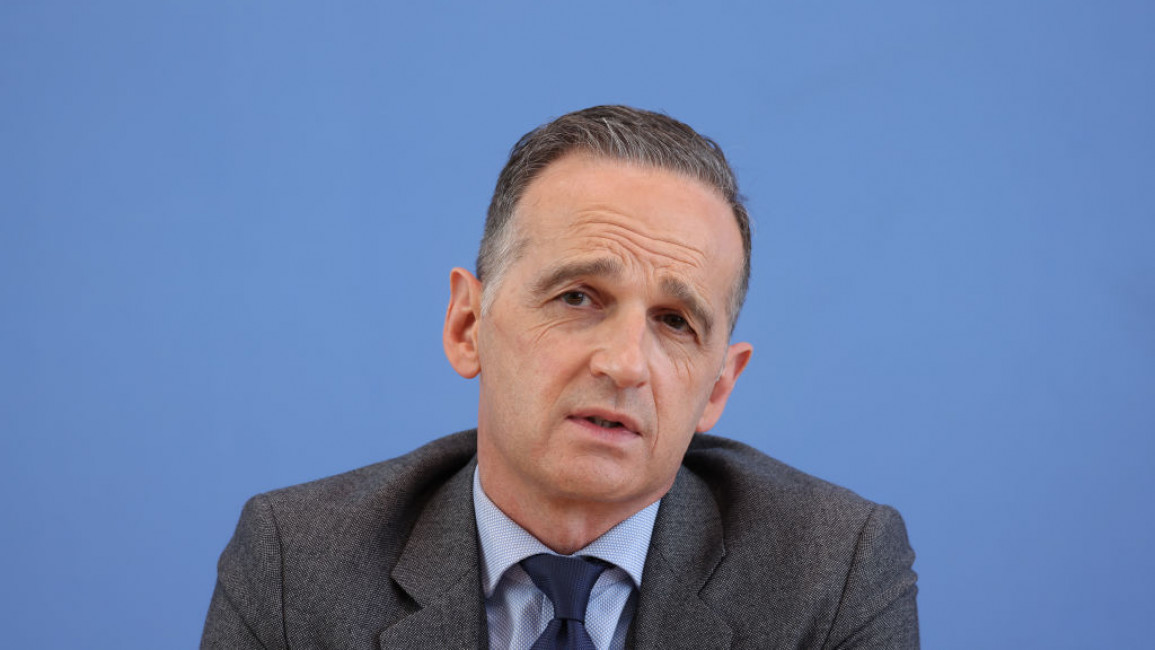Obstruct Libya elections and face sanctions, EU warns parties before key summit
The European Union has warned that any attempt to impede Libya's electoral process could prompt sanctions, ahead of a key conference due to take place Wednesday where top politicians and UN officials will discuss the situation in the North African state.
The statement said the European Council had "to clarify that… obstructing or undermining the elections" is punishable with sanctions.
The country's current Government of National Unity (GNU) was selected through an UN-supported process in March to bring together two rival administrations in the run-up of December elections.
Wednesday's international gathering is a bid to pressure rival Libyan parties to take part in the elections or remove foreign forces, The Guardian said.
Talks will be held in Berlin by Germany's Foreign Minister Heiko Maas, alongside the United Nations' Secretary-General Antionio Guterres and the body's Support Mission in Libya.
Also present will be US Secretary of State Antony Blinken and other nations' foreign ministers.
The Second Berlin Conference on Libya follows the initial gathering in January last year.
It aims at withdrawing foreign troops, militias, and mercenaries mostly from Russia and Turkey, The Guardian reported.
In the past, cut-off dates for troops to pull out have not been followed, including on 23 January this year.
Russia backs Libyan warlord General Khalifa Haftar, who was the dominant power in eastern Libya when ruled by a Tobruk-based administration.
Meanwhile, Turkey is in favour of the UN-recognised government, more prominent in the west.
Both authorities have since folded with the formation of a government of national unity.
Tripoli's Foreign Minister Najla Mangoush in May requested Ankara's forces withdraw from Libya, though she was later contradicted by a senior government adviser.
Wednesday's conference will equally reiterate that December's elections must go ahead, according to The Guardian.
Lawyers for Justice in Libya has urged all those involved "to prioritise human rights, accountability and the rule of law".
It also requested they "establish a clear timeline and benchmarks to monitor the progress made by the Libyan authorities".
The NGO said in a press release while there have been positive developments after last year's gathering in the German capital, it is worried these might not last.
"Gross human rights violations and serious international crimes such as torture, enforced disappearances… and [the] trafficking and smuggling of migrants... continue to be committed throughout the country," it added.
Arrangements are also being considered by the UN for a Libyan Political Dialogue Forum gathering in Switzerland, the following week, to reach a consensus on December's vote, according to The Guardian.
 |
Certain politicians in the legislature have been preventing elections or insisting that a referendum be held before a new constitution is enacted.
European countries largely consider these attempts to slow the electoral process.
The United Nations has told the Libyan House of Representatives it should implement the required laws and constitution-related arrangements by 1 July.
This is to give the country's electoral authorities sufficiently long to organise the poll.
Libya was thrown into the chaos of civil war in the wake of the 2011 deposition of long-time strongman dictator Muammar Gaddafi.
The current Government of National Unity is the latest attempt to establish a single authority in the country.



